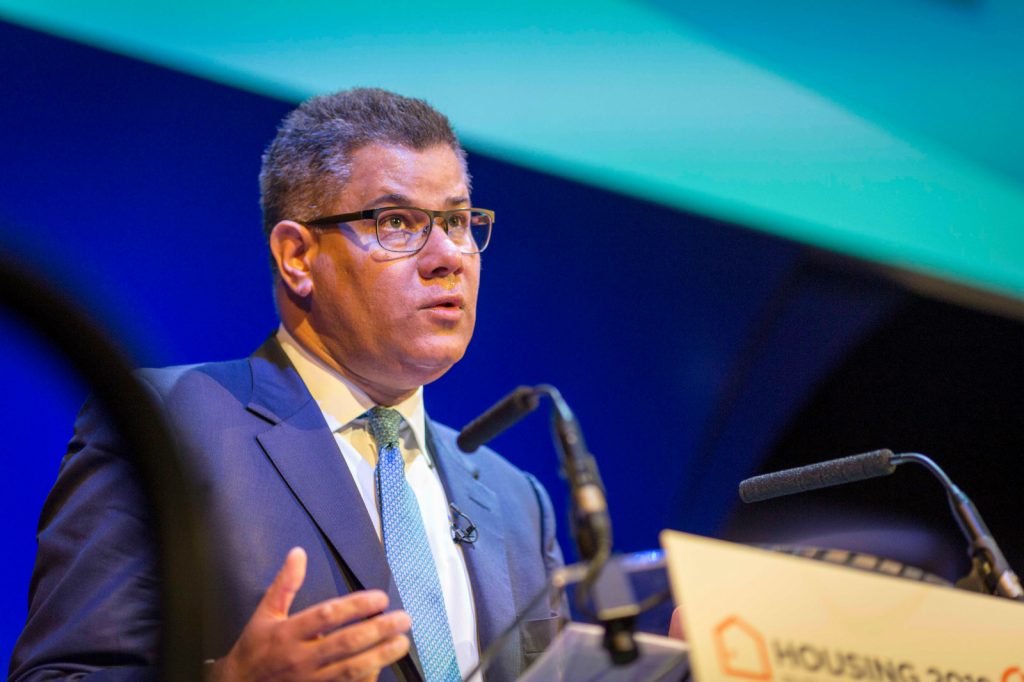By Pita Ligaiula in Glasgow
Forum Secretary General Henry Puna says the latest Inter-Governmental Panel on Climate Change (IPCC) report confirms what the Blue Pacific already knows to be true – ‘our planet is in the throes of a human-induced climate crisis, and we have lost the luxury of time’.
Responding to panel questions on the IPCC report – keeping 1.5 c alive, Puna said holding 1.5 degrees is critical to the future of the Blue Pacific, to avoid the worst of climate change impacts.
“Every extra bit of warming matters for our future, for our survival.
“With 1.1 degrees of warming, Pacific oceans are warming, our seas rising, our crops damaged by saltwater intrusion. In the last five years, five Category 5 tropical cyclones have wreaked havoc in our Blue Pacific region, with economic costs of losses up to 63 percent of GDP.
“And while the climate change crisis is here and now, it is going to get much worse if we don’t change course. The IPCC report shows that on current trajectory, we are headed to 1.5 degrees before 2040, and a catastrophic 4.4 degrees by 2100,” SG Puna said.
He said of major concern for the Blue Pacific continent is the fact that on current projections, sea levels could rise by two metres by 2100, and a disastrous five metres by 2150.
“This will result in the loss of whole island countries and of millions of lives, homes and livelihoods across the Pacific, and indeed across the whole world,” he stressed.
Puna said governments, big businesses and the major emitters of the world must no longer ignore the voices of those, already enduring this unfolding existential crisis.
“There are simply no more excuses. Our actions today will have consequences now and into the future, for all of us to bear.
“Fundamentally, we need to see rapid emissions reductions over the next decade, and then net zero by 2050, to keep 1.5 degrees within reach. We need leadership by all countries, but particularly by the G20, which accounts for over 75% of global emissions.
“We need strong commitments, backed by urgent and real action, including predictable, accessible, timely and sustainable financial resources. We welcome the discussions on loss and damage, but urge practical solutions, as the climate change impacts on the Pacific and other developing countries are exceeding adaptation measures, with every extra bit of warming,” explained Puna.
Puna said the UNFCCC and COP 26 is a critical opportunity, to turn this climate change crisis around.
“It is an opportunity to listen to the resounding calls of citizens from across our Blue Planet, for ambitious climate change action.
“It is an opportunity to shape a future that is resilient and sustainable for our children and future generations.
“COP26 must welcome, adopt and action the IPCC report, and ensure 1.5 degrees is front and centre of the COP26 decisions,” he emphasised.
Puna said in the medium to long term, all countries must commit to stronger 2030 climate targets, and net zero emissions by 2050, to ensure the world remain to 1.5 degrees.
“And for the future of our Blue Pacific, COP 26 must integrate the oceans into the UNFCCC process.
“We know there have been arduous negotiations so far at this COP. While there has been progress, we are not there yet. We need stronger action, and we need it in the next few days.
“We cannot understate the urgency of what we must achieve at COP 26. Climate change is no longer an issue for debate. The science is clear. It is a matter of survival,” SG Puna stressed.

COP26 President Alok Sharma said at 1.5 degrees, 70 percent of the coral reefs around the world are gone. At 2 degrees, they’re all gone.
Pacific nations are actively holding the line for 1.5 and Pacific resilience, leadership and ambition priorities across all spaces of the COP26.
Representatives from Parties, Observers and Non-State Actors today discuss what is needed from the UNFCCC process, the COP26 outcome, and climate action over the coming years to respond to the IPCC Working Group I Contribution to the 6th Assessment Report and keep the 1.5°C goal within reach.
The panel heard the importance of Parties listening to the science and coming together to agree an ambitious COP26 outcome, and urge delegates to carefully consider the panellists’ views and consider how they might be reflected in the final COP26 decision text.
SOURCE: PACNEWS












